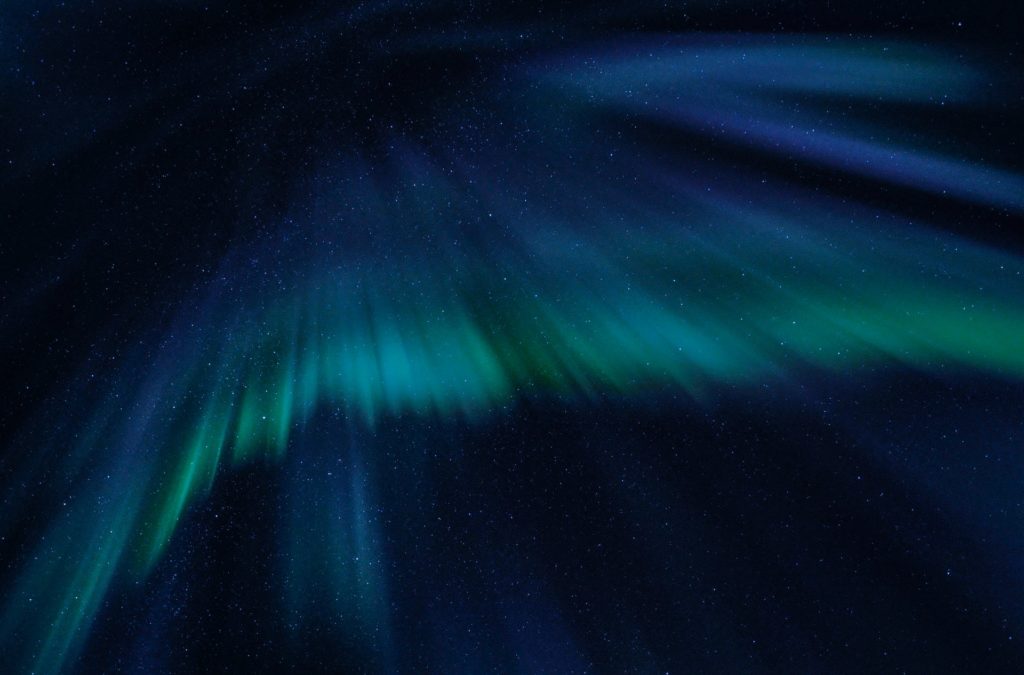Trust in institutions is at an all-time low, with, I think, good reason.
However, it appears we’ve overcorrected because now we claim to, “do our own research,” and cite, “this person I follow on TikTok,” Reddit threads, and Instagram memes.
Listen.
I love the democratization of information, but our absolute trust in non-peer-reviewed assertions that come to us in song form has me all kinds of nervous.
The counterargument I most often hear is, “But there’s too much information! We can’t be authorities on everything eventually we need to trust”
Agree.
But blindly outsourcing your brain to someone is not trust. We still need to challenge and question and interrogate.
“Margo, I hear you, but be realistic. Who has time for that? I cannot be an expert in everything.”
Agree, but why does that mean we get to be intellectually lazy?
It is ok not to know something.
It is ok if you don’t understand crypto or blockchain or what’s happening in the West Bank or the complicated history of Colombia’s relationship with America or how oil rigs work.
I don’t know what’s happening in Ghana. I’m embarrassed by this. I can’t explain the Six-Day War to you. Or how real estate markets function. I do not understand the immune system.
This is not a moral failing. But is it ignorance? I think probably yes. But is it the dangerous kind of ignorance if paired with a growth mindset, willingness to be wrong, a desire to know more?
We need a line between ignorance and unreasonable expectations.
I’m not sure where the line is, but I think we should debate it.
We cannot know everything – we have human brains. We have limits. But ignorance is one of the top three roots of evil, so we have a dilemma.
A dilemma that, I believe, can be resolved by our owning our ignorance – instead of pretending it isn’t there.
“This person I follow on TikTok” cannot be our new CDC or NYTimes or Walter Cronkite or whichever other institution disappointed us.
But if it’s going to be, because it is, then we need to get ourselves more data literate:
- Learn the difference between a testable hypothesis and a proven fact
- Be able to assess research methods and whether they’re valid
- Beware reductionist science
- ALWAYS ask for more context
- Know your cognitive biases
- Sit in the question, “But is that true?” and “How do we know?”
- Know the difference between correlation and causation
- Beware of nuerobunk
If it’s written in comic sans and if you forward it to three people your wish comes true, it is not real nor wisdom.
It is not that we have too much information – it is that we lack discernment. We’re in a rush for answers and we are being sloppy.
We must begin with embracing, owning, and knowing what we don’t know.
I love that we are information-sharing. Continue to share.
But do not accept information at face value.
Don’t be afraid of your limits.
Know them.
M
PS: If you follow me on Instagram you’ve seen me obsess over Dr. Inna. She is a professor who has made this topic the hill she dies on. If you are a fan of middle-aged nerd-snark, please enjoy Dr. Inna absolutely destroying unsubstantiated psychology claims on TikTok.




